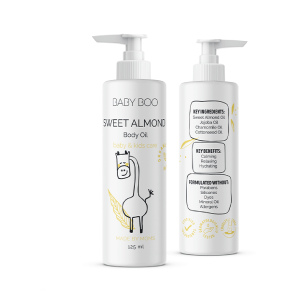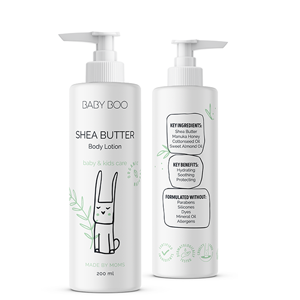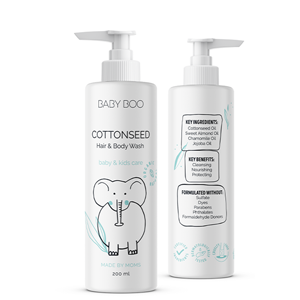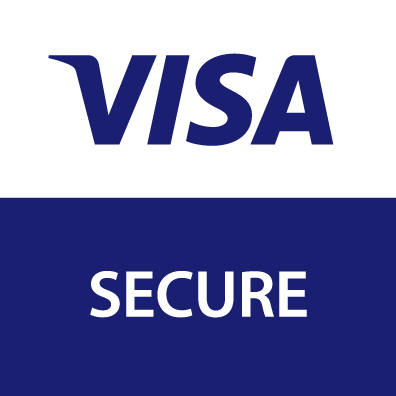A Healthy Hair: How to Repair Damaged Hair
30 јануар 2025
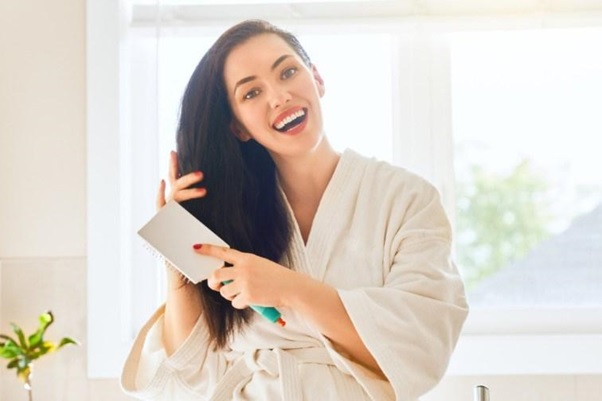
Healthy hair is the primary goal we all strive to achieve through our hair care routines.
We all know that hair plays a significant role in shaping our identity, which has been true throughout history. Hair is also a reflection of our overall well-being and losing hair may be a sign of health problems.
But in most cases, damaged hair results from our beauty routines such as using heat tools, chemical treatments, or simply too much sun and other environmental factors.
Today, no matter the trends we follow or the changes we make to our hair, the most important thing is for it to look its best—and that’s only possible when it’s healthy.
To get healthy hair, you need to understand how much your hair is damaged and how, with proper care, you can transform it from fragile and broken to strong and healthy.
Signs of Hair Damage
Recognizing hair damage early can help prevent it from getting worse. Here are some of the most common signs that your hair needs some extra care:
Split Ends. When the ends of your hair fray or split into two or more strands, it's a clear indicator of damage. Split ends often occur from excessive heat styling, chemical treatments, or harsh brushing.
Dryness. If your hair feels rough, straw-like, or lacks natural shine, it may be overly dry. This can result from over-washing, harsh shampoos, or exposure to the sun and pollution.
Brittleness. Hair that breaks easily when brushed or styled, or feels fragile to the touch, is likely suffering from a lack of moisture or protein.
Breakage. Short, broken pieces of hair that don’t seem to grow are a sign of breakage. This often happens due to excessive heat styling, tight hairstyles, or over-processing with color or chemicals.
Tips for Achieving Healthy Hair
There may be a lucky few with naturally healthy and beautiful hair regardless of circumstances. However, most of us achieve healthy hair through regular care and maintenance. When it comes to hair health, there are several factors to consider:
Proper Nutrition and Hydration
The saying "beauty comes from within" applies here—what you put into your body affects the health of your skin, hair, nails, and overall well-being. From a young age, we’re taught the importance of vitamins for good health and appearance, and this is especially true for hair. Vitamin B is essential for healthy hair, along with vitamins A, C, and E, and minerals like zinc and iron. Incorporating fruits, vegetables, nuts, and fish into your diet is crucial for maintaining hair health. Staying hydrated also keeps both your scalp and hair moisturized. Among the many beauty tips out there, one of the most common is to drink enough water daily—this holds for hair as well. Not only do these vitamins maintain the natural qualities of your hair, but they also promote hair growth.
Choosing the Right Hair Care Products
Just as important as nourishing your hair from the inside is the selection of products you apply to it. Starting with the basics—your shampoo—although many shampoos promise healthy, shiny, and radiant hair, the reality is different. If you truly want healthy hair, you should first use a natural shampoo without sulfates and other harmful ingredients.
A natural shampoo contains ingredients that align with the characteristics of your scalp and hair.
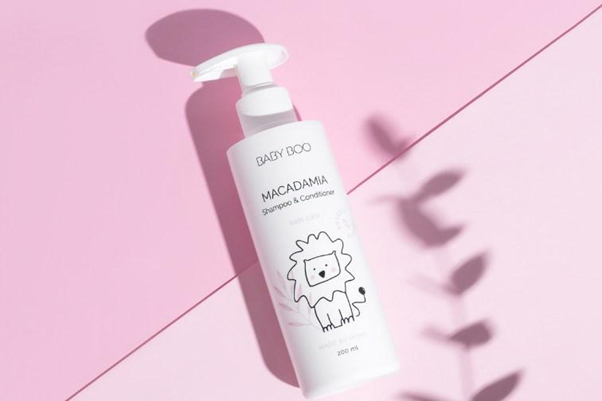
Macadamia shampoo is a natural shampoo of Baby Boo brand that is gentle on both the hair and scalp, offering care with ingredients like macadamia oil, jojoba oil, manuka honey, and chamomile.
Its mild formula allows you to wash your hair more frequently without worrying about dryness. The frequency of washing depends on your hair type—oily hair may require more frequent washing than dry hair. Macadamia oil has long been recognized as one of the most effective natural ingredients for hair care.
If you have dry hair, it's also beneficial to incorporate hair oil into your routine. Sweet almond oil is an excellent choice, as it is known for its moisturizing properties, helping to restore shine and a healthy appearance to dry and damaged hair.
Almond oil is also great for treating scalp issues such as irritation and itching caused by bacterial infections or the use of overly harsh hair products.
You can combine almond oil with other natural ingredients to create a nourishing hair mask.
Protecting Your Hair from External Factors
While it may seem challenging at first, it's not impossible to avoid excessive heat exposure when possible. This is particularly important for frequent blow-drying or using curling and straightening tools. Try to hydrate your hair after these treatments or reduce their use to a minimum. You can also opt for heat-protectant devices. During summer, aim to protect your hair from excessive sun exposure by wearing hats, and caps, or wrapping it in a scarf while at the beach.
If your ends are drier than usual, treat them with hair oil or a natural hair mask.
Avoid Common Mistakes That Worsen Hair Damage
Overwashing
Washing your hair too frequently strips it of natural oils, leading to dryness and breakage. Stick to washing your hair 2–3 times a week, depending on your hair type.
Rough Towel Drying
Rubbing your hair with a towel creates friction, leading to breakage and frizz. Instead, gently pat or squeeze the moisture with a soft towel or microfiber cloth.
Using Hot Tools Without Protection
Heat styling without a heat protectant damages the hair’s cuticle, causing split ends, dryness, and breakage. Always use a heat protectant spray or serum before using hot tools like flat irons or curling wands.
What Else can You do for Healthy Hair
When it comes to hair care, you should never neglect scalp care. You can do this through gentle massages, which we enjoy so much at the hair salon.
Natural oils are a great addition to scalp massages, as they help with extra hydration and preserve the scalp’s natural sebum. A massage combined with oil can also stimulate the growth of new, healthier hair.
Be extra cautious when coloring your hair, as dyed hair requires more intensive and sometimes professional care to remain healthy. For this reason, choose a hairstylist who understands your hair's characteristics and will focus on styling and maintaining its health.
While certain trends may be tempting, embrace your hair's natural qualities and look instead of forcing a style that isn’t right for you. However, this doesn’t mean you should avoid haircuts—regular trims are essential for healthy hair.
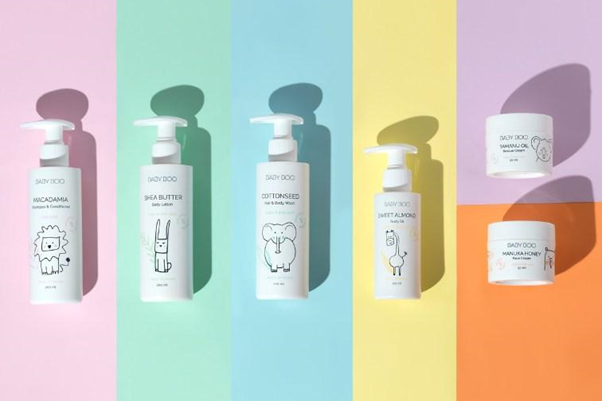
Whenever possible, treat your hair with completely natural ingredients, such as oil-based masks or ingredients you already have at home. Don’t forget that rinsing your hair with herbal teas can also have beneficial effects, replacing some chemical processes.
Healthy hair can be your fashion statement, transcending any short-lived trend. And no, you don’t need luxurious packaging, special treatments, or extravagant products for this.
You just need to embrace natural care and accept the unique properties of your hair, and soon enough, you’ll see the results.
We support your journey to healthy hair with natural, organic products that you can find on our website.

